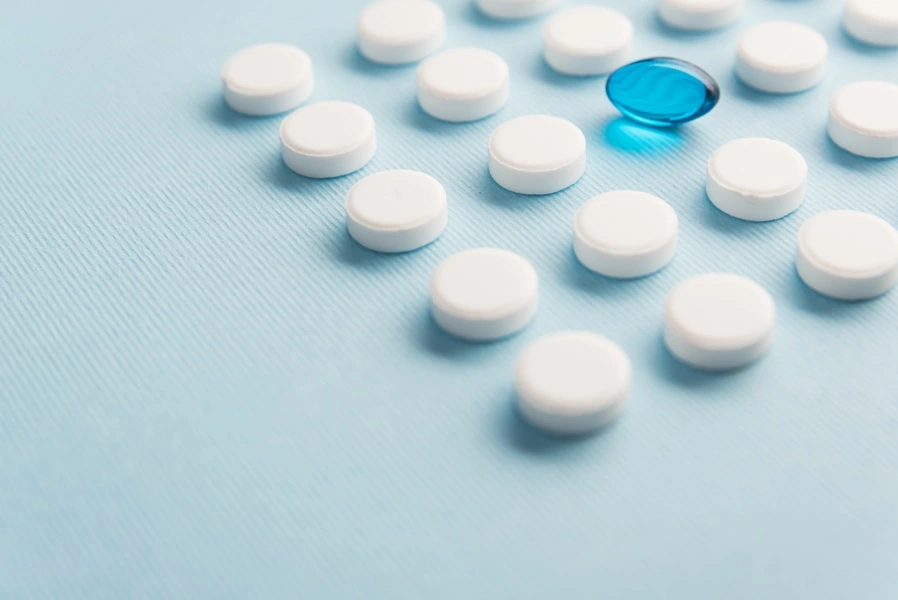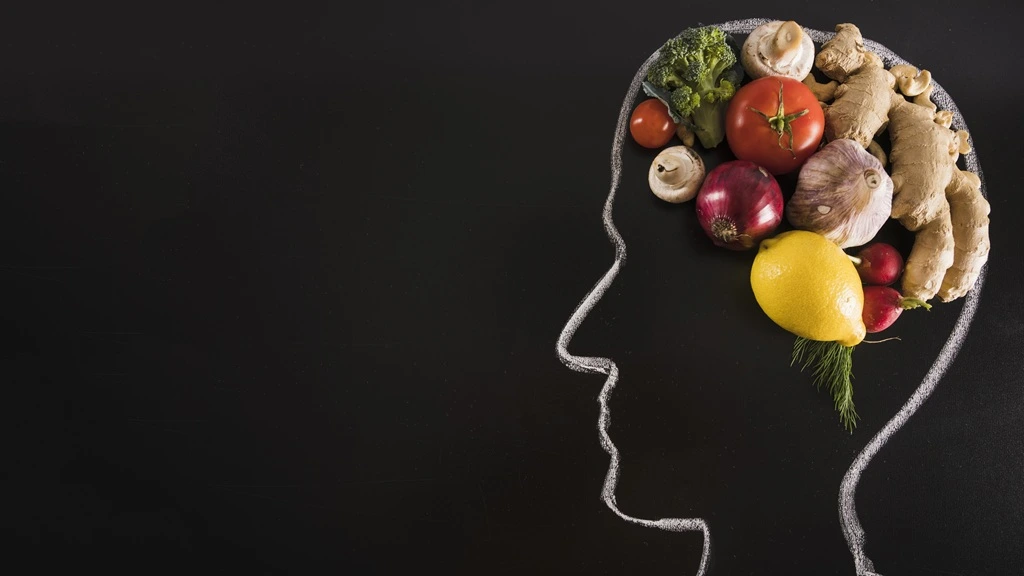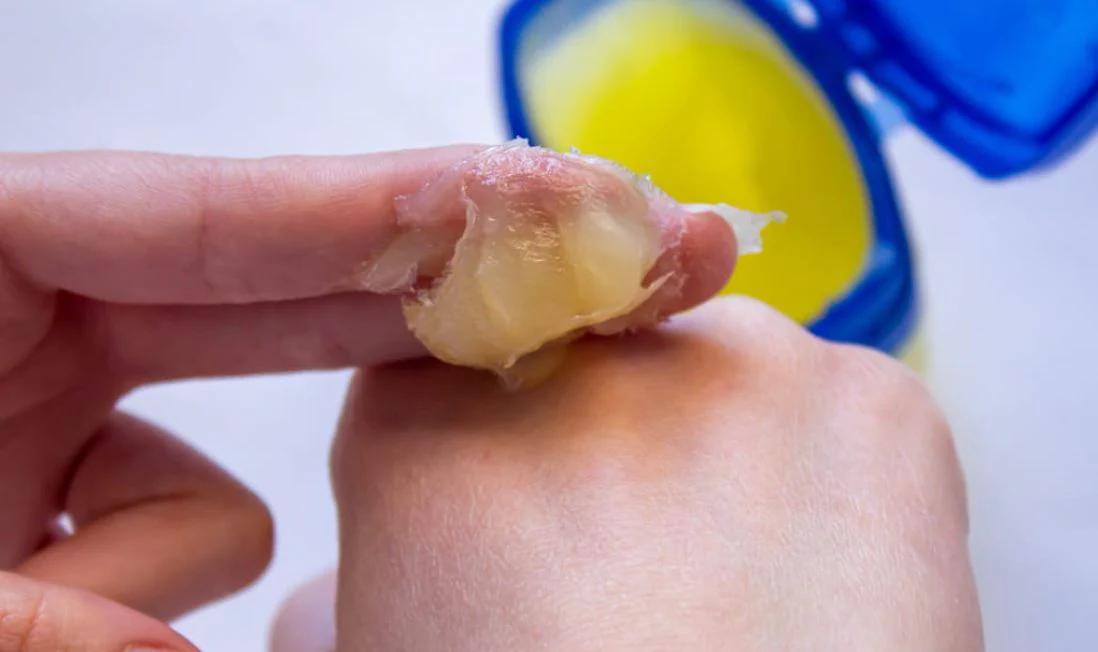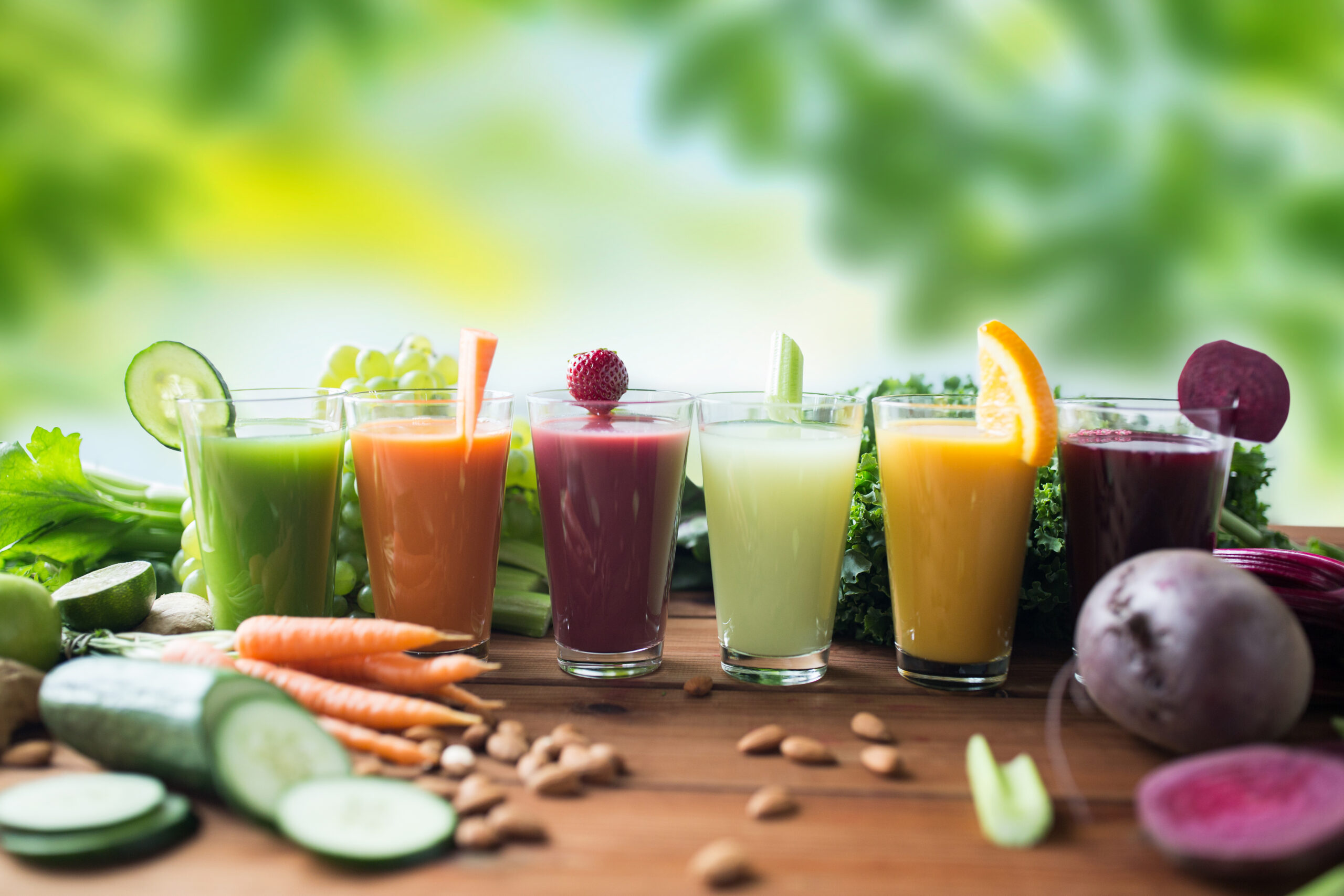Water Intake: The Real Amount You Should Be Drinking Each Day
We’ve all heard the classic advice: “Drink eight glasses of water a day.” But is that the right amount for everyone — or just an easy number to remember? I’ll
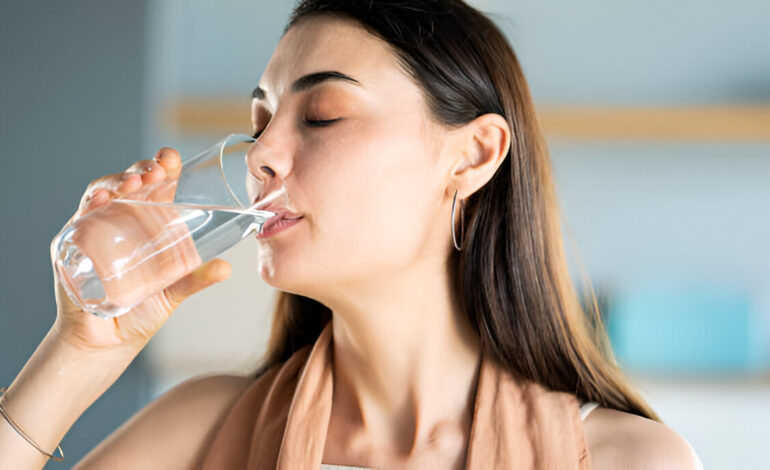
We’ve all heard the classic advice: “Drink eight glasses of water a day.” But is that the right amount for everyone — or just an easy number to remember?
I’ll admit, for years I didn’t think much about how much water I drank. Some days I’d have just a couple of glasses. Other days, I’d go overboard trying to “catch up.” Understanding your ideal daily water intake is key to staying consistently hydrated and supporting overall health. But it wasn’t until I made hydration a daily priority that I realized just how much of a difference it makes in everything — from my energy levels to digestion to mental clarity.
So, let’s clear up the confusion: How much water should you really be drinking every day?
Why Water Intake Matters
Water isn’t just a thirst quencher — it’s essential to every major system in your body.
- It helps regulate body temperature
- Keeps joints lubricated
- Aids in digestion and nutrient absorption
- Flushes toxins through the kidneys
- Supports brain function and mood
- Helps maintain healthy skin and circulation
“Even mild dehydration — just a 1–2% drop — can lead to fatigue, brain fog, and headaches,” says Dr. Elise Chang, a hydration researcher at Stanford University. “The body runs far more efficiently when properly hydrated.”
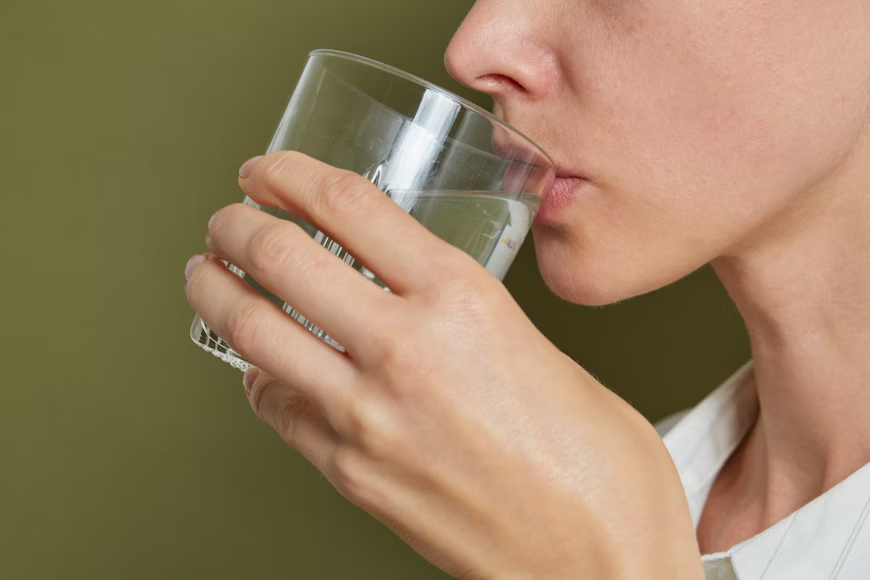
How Much Water Should You Drink Each Day?
The truth is, there’s no one-size-fits-all answer — but here are the most widely accepted guidelines:
For most healthy adults:
- Men: About 3.7 liters (125 oz) per day
- Women: About 2.7 liters (91 oz) per day
This includes all fluids — not just water. That means coffee, tea, fruits, vegetables, and broth-based soups all count toward your total intake.
But if you’re active, in a hot climate, pregnant, or breastfeeding, your needs may be higher.
What Factors Affect How Much Water You Need Daily?
Several things can impact your daily water requirement:
- Exercise: You lose water through sweat and need to replace it. Add 12–16 oz for every 30 minutes of exercise.
- Climate: Hot, humid weather increases fluid loss. High altitudes can also cause quicker dehydration.
- Diet: High-protein or salty diets require more water. So does high caffeine or alcohol intake.
- Health Conditions: Fever, vomiting, diarrhea, and kidney issues all demand more hydration.
What are the Signs You’re Not Drinking Enough Water?
You don’t have to wait until you’re thirsty. In fact, thirst is a late signal of dehydration.
Look out for these early signs:
- Dry mouth or lips
- Headache
- Fatigue or brain fog
- Constipation
- Dark yellow urine
- Dizziness or lightheadedness
“Your urine should be pale yellow,” says Dr. Monica Rivera, an internal medicine specialist. “If it’s consistently darker than that, you’re probably not drinking enough.”
Read About: What Is the Healthiest Diet in the World? Here’s What I’ve Learned (and What I Eat Now)
What Common Hydration Myths Should You Stop Believing?
Let’s bust a few common myths:
Myth 1: You need exactly 8 glasses a day.
Reality: That’s a general rule, not a hard requirement. Your needs vary based on many factors.
Myth 2: If you’re not thirsty, you’re fine.
Reality: Thirst lags behind hydration needs. Listen to your body — but don’t rely on thirst alone.
Myth 3: Coffee and tea don’t count.
Reality: They do. While caffeine is a mild diuretic, moderate coffee and tea consumption still contributes to overall hydration.
How to Drink More Water (Without Feeling Forced)
If water doesn’t come naturally to you, here are some easy habits that helped me:
- Start your day with a full glass.
Rehydrate first thing in the morning — before coffee. - Use a water bottle with measurements.
Tracking makes it easier to hit your daily goal. - Flavor it naturally.
Add lemon, cucumber, mint, or berries for taste without sugar. - Set hydration reminders.
Apps or smartwatches can nudge you to sip throughout the day. - Pair water with routines.
Drink water with every meal and before brushing your teeth.
Can You Drink Too Much Water?
Yes, though it’s rare. Water intoxication or hyponatremia can happen when you drink excessive amounts in a short period, diluting sodium levels in the blood.
Most people are far more likely to under-hydrate than overdo it. Maintaining a balanced daily water intake helps prevent both dehydration and over hydration, keeping your body’s systems in healthy equilibrium. If you’re drinking consistently throughout the day, you’re on the right track.
Make Water a Daily Habit
Once I made water intake a consistent habit, I noticed the changes: better energy, fewer headaches, smoother digestion, and clearer skin. It’s not magic — it’s just biology.
You don’t need to overthink it. Just listen to your body, pay attention to signs of dehydration, and make hydration part of your everyday life.
After all, water is the simplest health upgrade most of us are missing.


